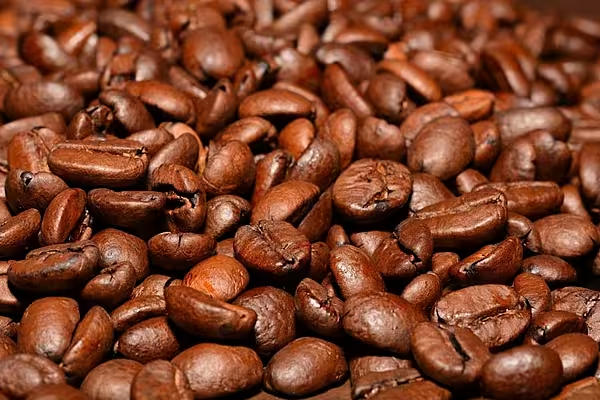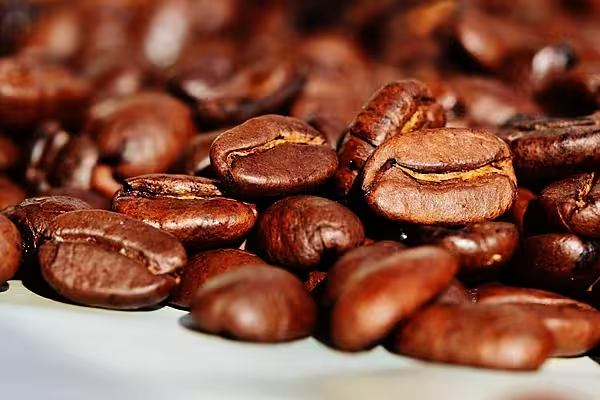Prices for agricultural commodities like coffee, feed grains and oilseeds could dip next year as many major economies enter recession, but they will remain high in historic terms, Rabobank said in its latest report.
The bank said consumers face a darkening macro-economic picture, with energy shortages, geopolitical danger and ongoing shortages of some key commodities like wheat boding ill for global food security.
Wheat remains acutely affected by the Russia-Ukraine war and the bank sees a 6 million tonne deficit next year, thanks also to uncertain weather prospects in the European Union, the United States and Argentina.
Elsewhere, Rabobank sees coffee demand growing well below average levels at 1.5%, with benign weather leaving the market in a 4 million bag surplus. It sees relatively low sugar prices meanwhile thanks again largely to benign weather.
Weak Demand
"Agricultural prices might recede (yet) that’s not because production will improve significantly but because demand is set to be so weak," said Carlos Mera, the bank's head of agricultural commodities market research.
With energy, labour and other costs surging, agricultural commodity prices are about 50% higher than pre-pandemic times, the bank noted.
According to the UN Food Agency, food import costs across the world are on course to hit a near $2 trillion record in 2022, piling pressure on the globe's poorest countries who likely shipped in considerably less volumes of food.
Read More: Ukraine Grain Exports Down 30.8% So Far In 2022/23: Ministry
News by Reuters, edited by ESM. For more supply chain news, click here. Click subscribe to sign up to ESM: European Supermarket Magazine.











